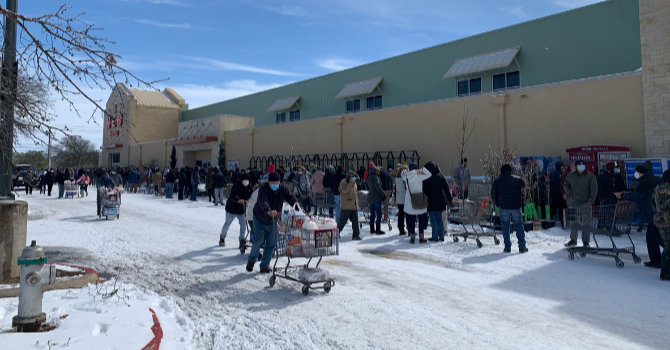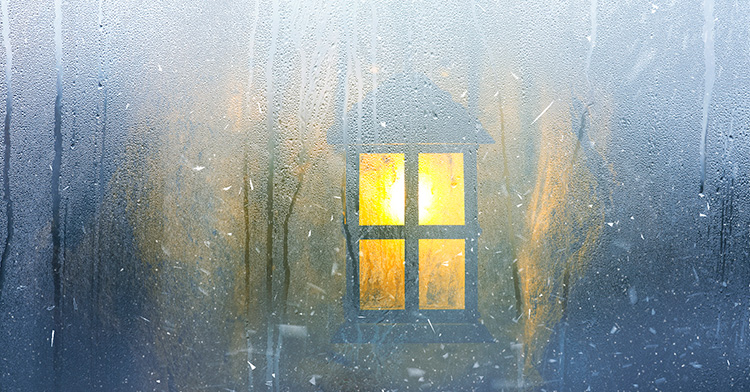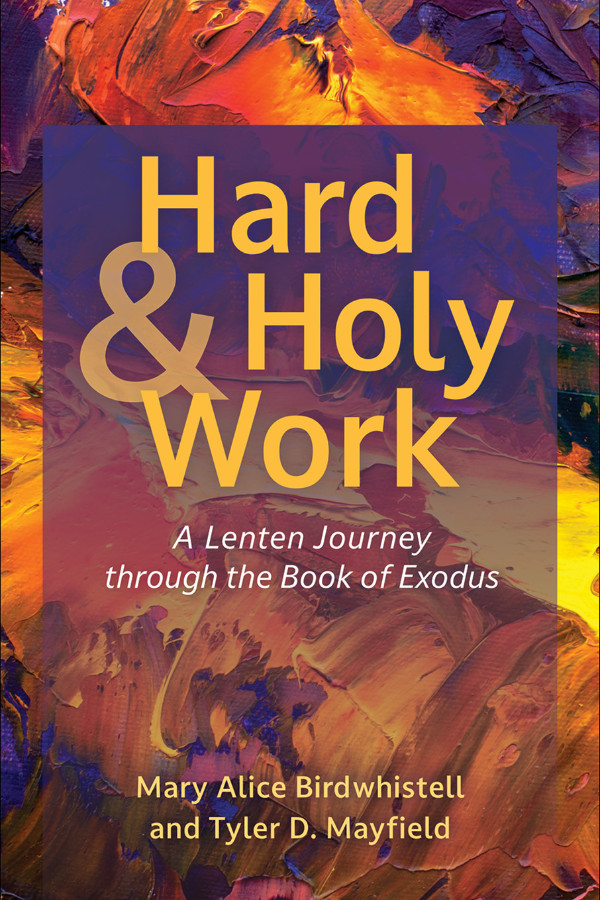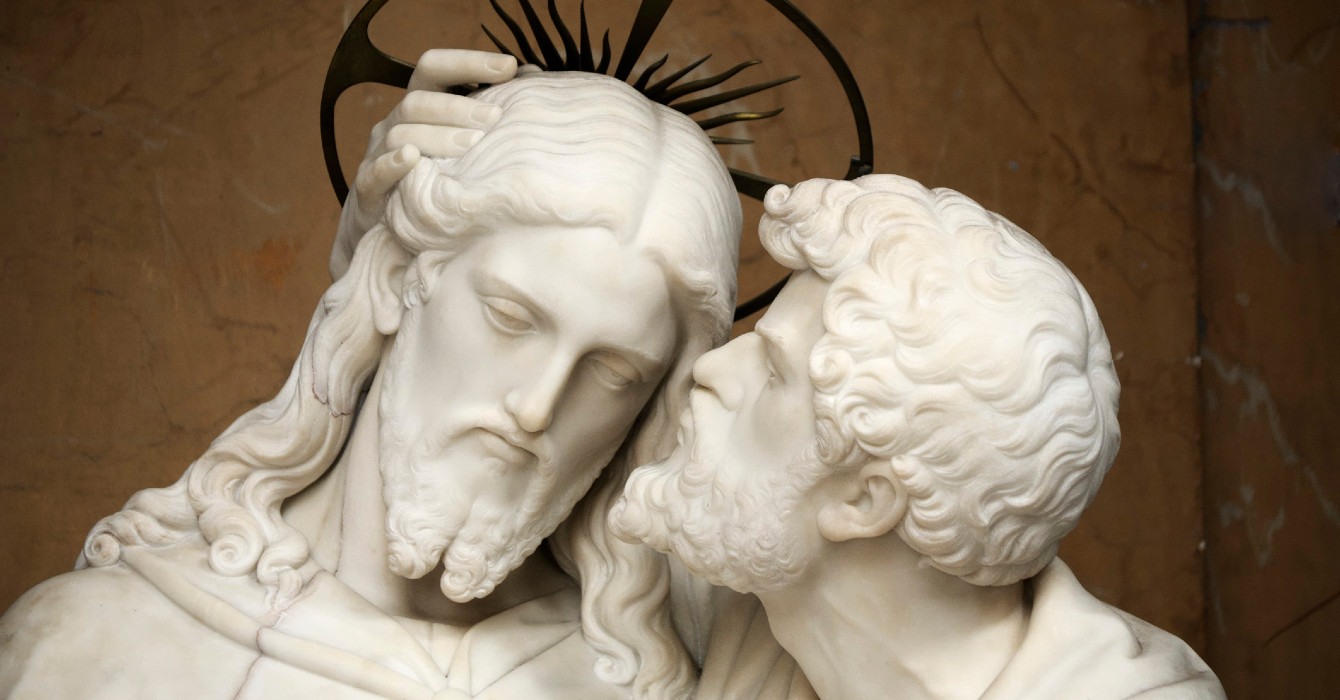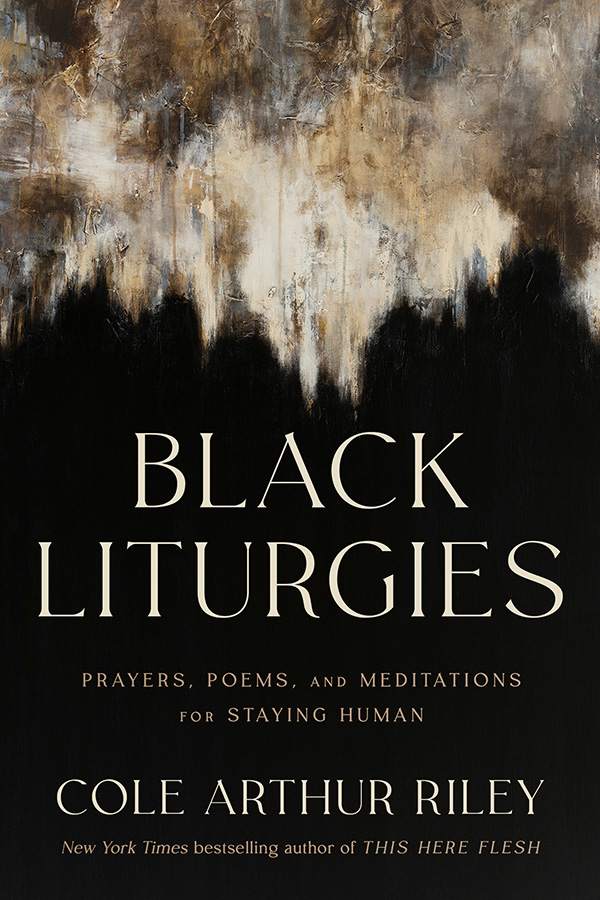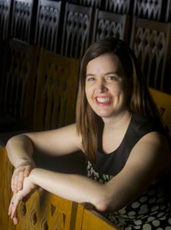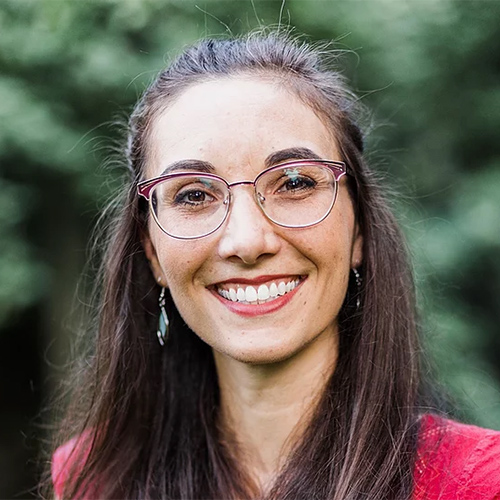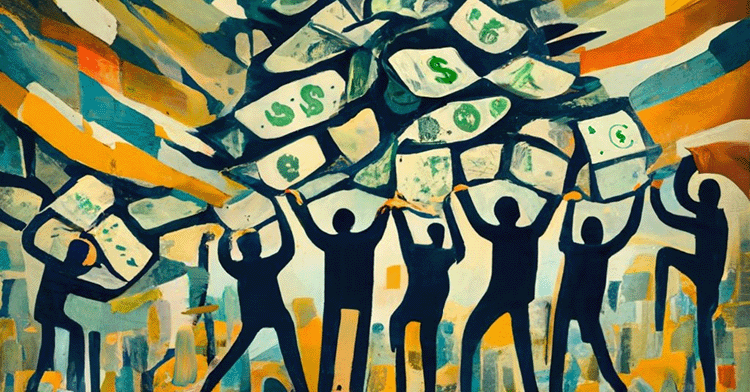By Sunday, Feb. 14, freezing temperatures accompanied by rain and snow reached the Houston-Galveston area. While forecasters had predicted dangerous weather conditions, few Texans expected the massive failure of the state’s energy grid.
In the midst of subfreezing temperatures, more than 4 million Texas homes and businesses lost power, many for days. On Galveston Island, 95% of homes were without power for over 36 hours.
When our congregation at Central United Methodist Church in Galveston learned that Winter Storm Uri was coming, we knew that many of our fellow congregants would not have a safe, warm place to go.
Since a relaunch in 2015, Central UMC has been building relationships with and working alongside Galveston’s unhoused community. People at the church knew that with the county’s lone emergency shelter limited to 50% capacity because of the coronavirus, many unhoused residents would not have a place to sleep.
For five days, Central UMC transformed into a pop-up shelter for the most vulnerable in Galveston. Classrooms became dormitories, housing almost 60 people. Volunteers became chefs, providing three meals a day. “Sanctuary” took on new meaning.
When the church lost power, volunteers checked in overnight guests in the dark, conserved their phone batteries for emergencies and piled blankets on visitors as the building’s temperature dropped into the 40s.
When the church lost water, staff members scrambled to find ways for guests to use the bathroom safely. We eventually collected pool water from a nearby neighbor to manually flush the toilets, but for a time, folks were forced to use buckets lined with plastic bags.
In the midst of this, the global church observed Ash Wednesday, the start of Lent. While the guests at Central held no formal service, people in the church experienced the themes of Ash Wednesday firsthand.
Lent is an intentional time of stripping away, a rare season in which we pause long enough to tell each other the truth about human frailty and mortality.
Like the season of Lent, crises have a way of revealing and exposing hidden truths. Winter Storm Uri stripped away many of our comforts and forced us to reflect on ourselves and the world more honestly.
The failures of utility providers revealed the frailty of our inequitable systems. The need for refrigerated trucks to store extra bodies exposed the nearness of our mortality.
The death-on-your-doorstep reality that millions of Texans faced over that week revealed what Galveston’s impoverished and unsheltered communities experience day in and day out.
Millions of Texans found themselves stripped of those things that the pandemic had not already taken away: electricity, heat, water, food. For most, the loss of access to water and power was temporary. But for too many others, poverty and homelessness are crises without an end in sight.
This was illustrated by the differing reactions to the weather crisis.
One of Central’s housed volunteers, familiar with extreme weather, said, “I know how to handle a hurricane; I don’t know how to handle this.”
By contrast, when one of Central’s pastors apologized to an overnighter for the lack of flushing toilets, the guest said, “No worries, Pastor. This is what we do regularly. It can be hard to find a bathroom when you’re living on the streets.”
Another unhoused guest said, “No reliable access to shelter, electricity, bathrooms, food or water? That’s just a typical Wednesday.”
Those experiencing poverty and homelessness live in a constant state of crisis. But unlike winter storms or hurricanes, their crises prompt no declarations of emergency or outpourings of support.
In a strange way, the aftermath of Winter Storm Uri presents us with an opportunity for Lenten reflection, self-examination and confession.
Angry Texans are rightly demanding answers about systemic failures: How could this happen? Who was responsible? How are we contributing to the problem? How can we ensure that this never happens again?
But those same questions need to be turned toward the ever-present crises of poverty and homelessness.
Regarding people forced to sleep in a church because they have no home: How could this happen? Who was responsible? How are we contributing to the problem? How can we ensure that this never happens again?
Regarding those who froze to death in their houses because they had no transportation: How could this happen? Who was responsible? How are we contributing to the problem? How can we ensure that this never happens again?
Regarding the single mother who told church staff, “It was so cold that my kids wouldn’t stop crying”: How could this happen? Who was responsible? How are we contributing to the problem? How can we ensure that this never happens again?
To be frank, Central UMC shouldn’t have to shelter people again. Not because it’s a burden to do so -- as Christians, we believe that as we care for the poor, we are, in some mystical way, caring for Jesus himself. There is no greater privilege for a community of faith.
No, Central shouldn’t have to shelter people again because the larger church community should respond in such a way that there are no more people to be housed, no more people living in poverty, no more people without access to basic human necessities. Housing and access to basic utilities are human rights.
While Lent is a time of reflection, self-examination and confession, it ultimately gives way to resurrection and new life.
In the same way, the aftermath of Winter Storm Uri offers us a chance to put to death the old systems of inequity and live into the hope of a new, resurrected way of being in our world.

